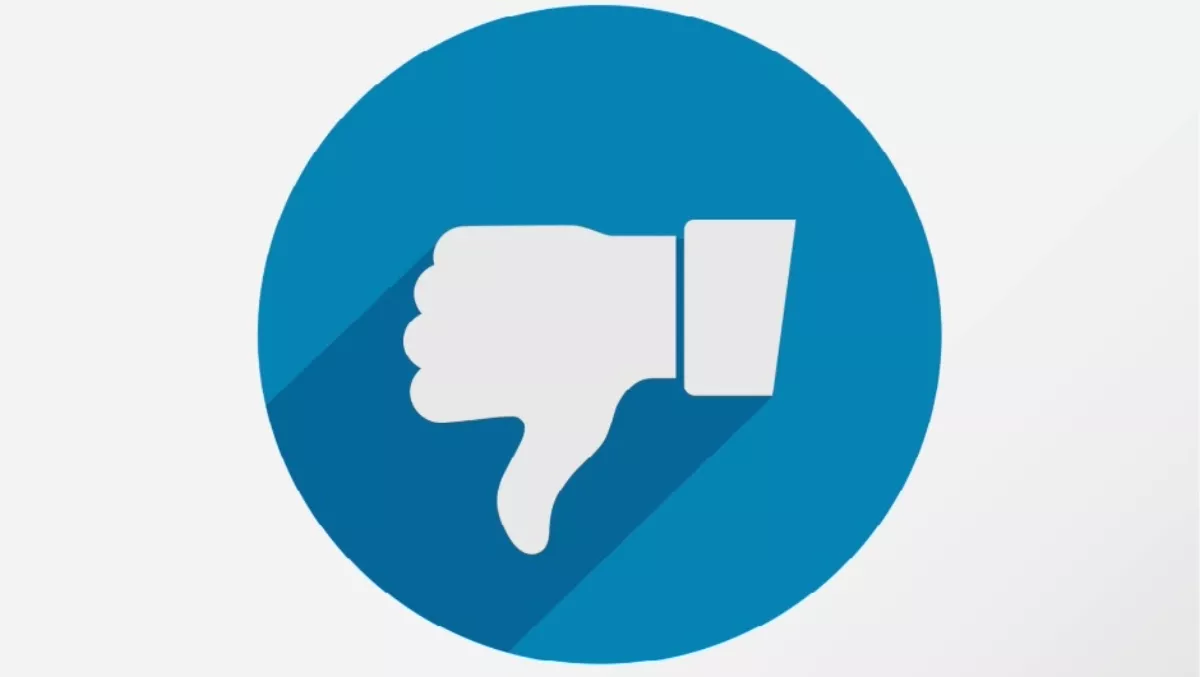
How poor social media risk management can lead to customer disloyalty
Use of social media to build customer loyalty is a common strategy for major corporations today. However, it is a strategy that can quickly backfire as a result of poor risk management practices and result in just the opposite – customer disloyalty. Companies with a solid understanding of good risk management understand that it requires a balance of addressing risks while seizing opportunities. Too much focus on the former will lead to boilerplate approaches to solving unique problems resulting in less than optimal results. Case in point is the program at Delta Airlines focused on the social media platform Twitter – @DeltaAssist.
The objective of @DeltaAssist is a noble one designed to increase customer loyalty. Via Twitter, customers of Delta Airlines can seek answers to flight related inquiries and resolutions to customer service issues by posting tweets to the @DeltaAssist account. As a Delta Airlines frequent flyer for more than 25 years, I recently had the occasion to utilise this social media channel. On a recent flight, I had the unfortunate experience of boarding the airplane only to be told that we were delayed by a mechanical failure. After two hours on the tarmac, we finally departed. While in flight, I was informed multiple times by flight attendants to raise my seat. However, it was impossible to raise my seat because it was broken. It seemed like this plane was full of mechanical failures.
So, I thought I might utilise the @DeltaAssist twitter channel to inform Delta about my less than desirable flight experience. This is where social media risk management can excel or fail. Unfortunately, in this case, Delta responded to my feedback in a very corporate, cold manner. Rather than seizing the opportunity to potentially delight a long-time customer, Delta chose the path of least resistance and sought to avoid the risk of owning the customer's problem. While this is a common approach for most large corporations today, social media only magnifies this response as I found by surveying other customer tweets on the @DeltaAssist account. Here's a few tweets that surfaced in just a few minutes of my viewing the @DeltaAssist account:
Apr 9
what's the deal with Flight 176 to ATL. We're just sitting
Apr 9
Well I made it to Minneapolis, so that's good. My bags didn't, though. Thanks, @Delta.
Apr 9
Every time I fly @Delta through Atlanta I'm delayed. Every single time :-(
Apr 9
Flight cancelled last night, now have shocking connection at AMS. @Delta very unhelpful; can't deal with a @KLM flight despite codesharing.
Apr 9
Screw you @Delta
What has happened to Delta is essentially crowd-sourcing of bad customer experiences in a very public forum. As a result, customers who may feel they have a chance to voice concerns and receive actual customer empathy are left to question Delta's objective. In my case, Delta did offer to provide 10,000 frequent flyer miles to compensate for the inconvenience. However, I'm still waiting to receive those miles. In the meantime, Delta has announced a change to their Twitter account name – they are dropping the word "Assist". Seems appropriate.

